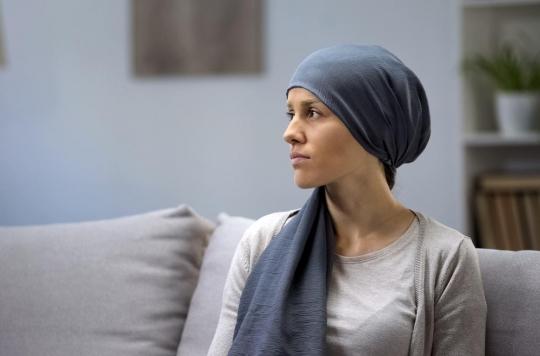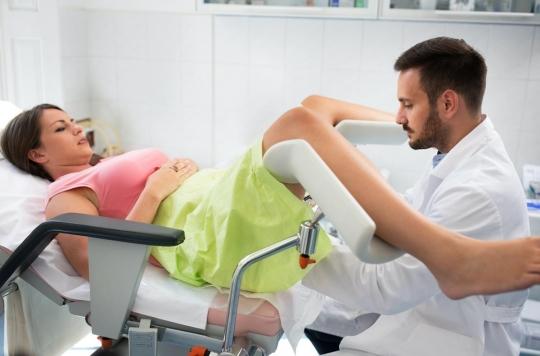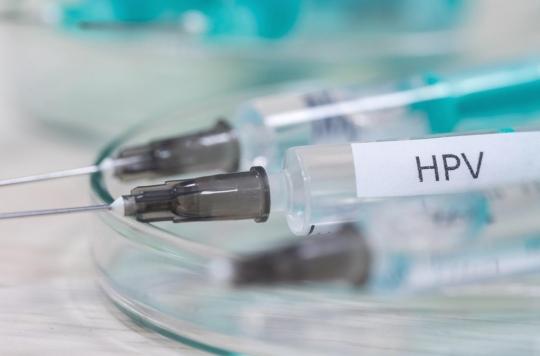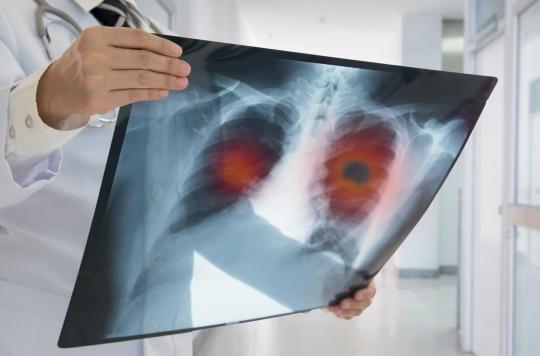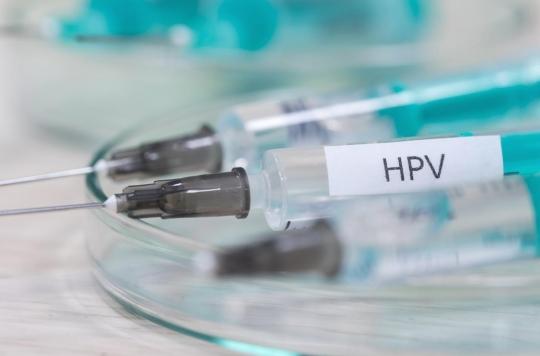Justice dismissed the Gardasil investigation. This cervical cancer vaccine was accused of developing autoimmune diseases in some women.

It is an expected judicial decision. The Paris prosecutor’s office spoke out on Wednesday on the link between the Gardasil vaccine, administered to adolescent girls against cervical cancer, and the development of certain nervous pathologies. The case was dismissed.
From 2013, the vaccine, marketed by the Sanofi Pasteur laboratory, began to be the subject of legal complaints. One of the first victims who became known, Marie-Océane, is a young Landaise, who had lost the use of her legs, following multiple sclerosis.
She had received two injections of the vaccine in 2010. Two expertises had concluded that Gardasil could have played a role in her condition, but that genetic causes could not be ruled out either.
Fifty women then joined the legal proceedings. All had various autoimmune diseases, including Guillain-Barré syndrome, multiple sclerosis and lupus, among the most serious. A judicial inquiry was therefore launched to determine the part of the vaccine’s responsibility in the development of pathologies.
However, the Paris prosecutor’s office believes that there are no direct links between the injection of the vaccine and the diseases observed.

Low vaccination coverage
The largest study on the subject, published in September by the National Medicines Agency (ANSM) and the Health Insurance, looked at 2.2 million young girls aged 13 to 16 and rejected the association between the vaccine and the development of multiple sclerosis.
According to the authors, the protective effect of Gardasil against cervical cancer largely outweighs the risks it understands. However, vaccination coverage is still very low. In France, it does not exceed 17% (see below).
The court decision rendered this Wednesday could perhaps reassure some families who were reluctant to use the vaccine.
Vaccination of the cervix
More than 3,000 women are affected each year by cervical cancer in France. This disease is in two thirds of cases linked to infection by papillomavirus. A vaccine can be given for prevention, which works against certain types of papillomavirus. This is the case with Gardasil.
This vaccination can be offered to all young girls aged 11 to 14, in two or three injections. However, catching up is possible up to the age of 19. It is strongly recommended before starting her sex life, when the girl has not been exposed to the virus. The vaccine is reimbursed at 65% by health insurance. However, vaccination coverage is only 17% in France.
Health professionals also recommend a screening smear every three years, for women from 25 years old, as vaccination does not protect 100% of the risk of cancer.
.










